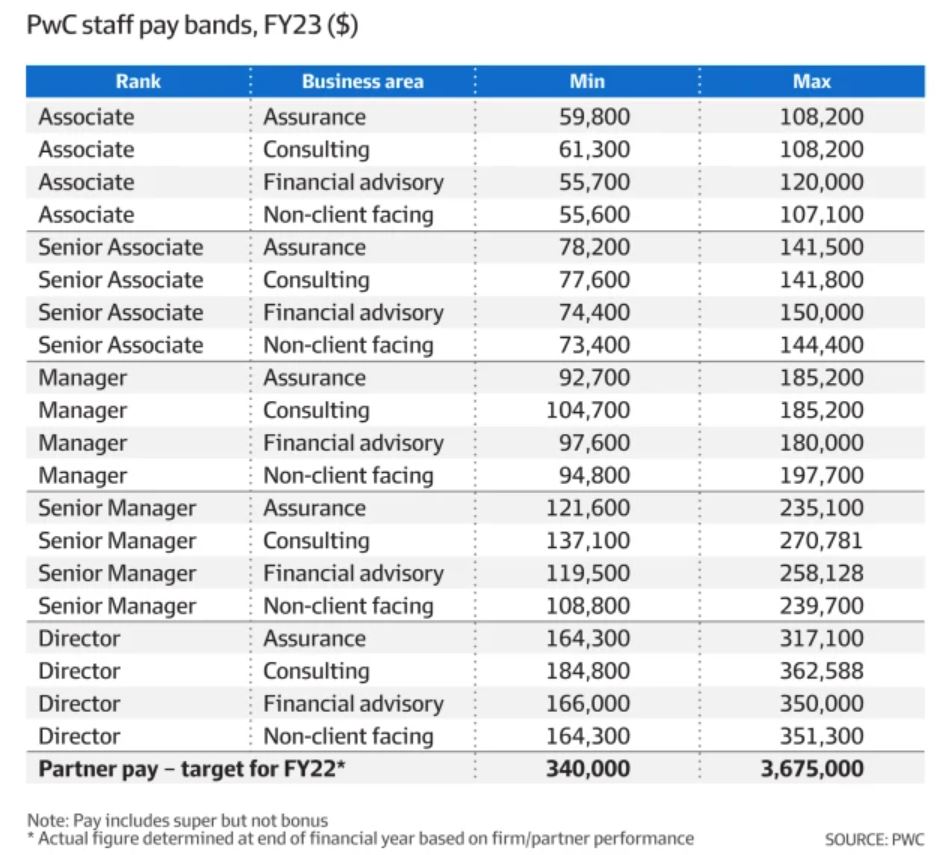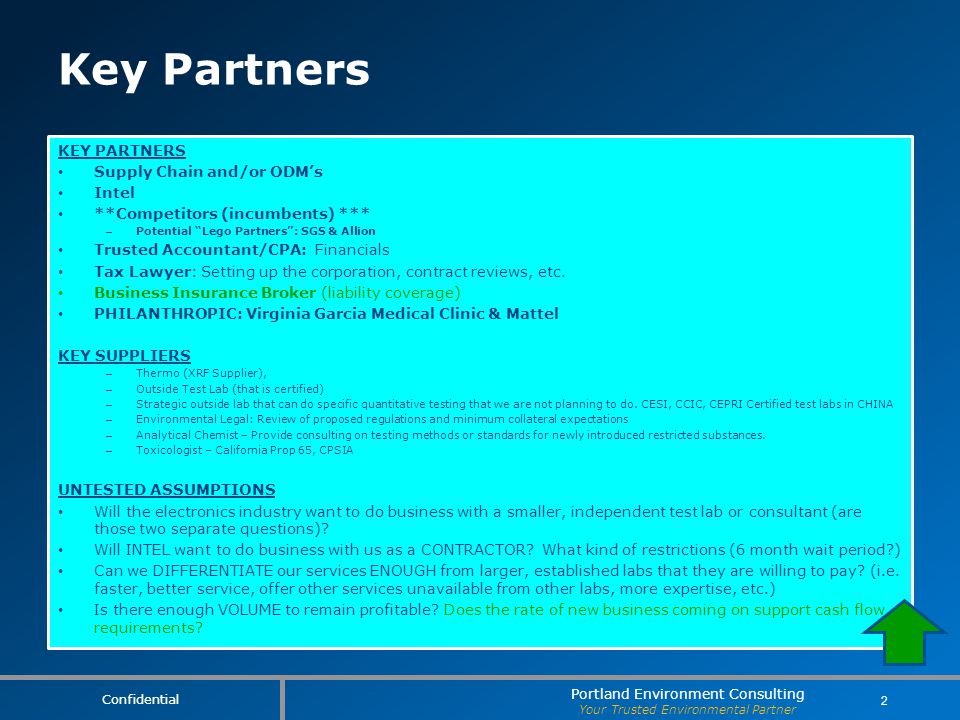
No matter your level of experience in social media management, you will find many useful tips and tricks to keep you on top of all the activity on your accounts. These tips include time management, scheduling, analysing your audience, dealing with negative feedback, and creating a schedule. These tips will make you a pro at managing your time and preparing you for success.
Time management
Creating a schedule and sticking to it can make time management easier for you. It can be hard to find time to do all your tasks if you don't have a schedule. You should also ensure that you have a tidy workspace. Your time management skills will be greatly improved if your workspace is clean and tidy.
Another helpful time management tip for social media management is to set a timeline. This will help you determine the best times to post new content. This can reduce your workload, and you won't have to waste time brainstorming content.

A schedule is created
Creating a social media schedule can be an invaluable tool to help you meet your goals online. It helps you make a content plan and segment posts depending on your target audience. You can then automate your posts so that your audience gets them at the right moment. This will make it easier to save time and increase the likelihood of your content being shared. After all, a good social media strategy will increase your brand's visibility and build trust among your target audience.
A template is necessary before you can begin implementing a social-media management schedule. You can create columns using a Google Doc or spreadsheet to organize your content and share. By using a social media schedule template, you can easily track your posts and ensure they are consistent.
Analysing your audience
The key to social media management is understanding your audience. It will influence the content you share with them and the way you communicate with them. You may wish to identify your audience, segment them by demographics and gain a better understanding of their knowledge about your industry. You will be able to make messages that resonate with your audience which will result in increased enrollment.
The first step to audience analysis is to identify your target audience. This can be done through market research, or by reviewing your customer list. Or you can use advanced audience intelligence tools that can provide rich, real-time insights about your target audience. Whatever your choice, an in-depth understanding of your audience will allow you to create relevant content and improve your business model.

Negative feedback can be dealt with
Management of negative social media feedback is an important part of running a business. It can be hard to deal with customers who are unhappy with your service. However, it is crucial to keep an open mind and be honest. It is not a good idea to ignore negative feedback as it will only create distrust in followers. Instead, you should deal with negative feedback appropriately and keep your customers happy. You may not like all of your products or services but there will always be someone complaining.
While most online interactions are public, there are times when dealing with negative feedback requires a more personal conversation. It is best to hold a private conversation if the customer has requested sensitive information or given detailed feedback. If you cannot avoid this, you can transfer the conversation to a different social media channel like an email or direct messaging.
FAQ
How do I set up an LLC to consult?
It is important to first decide what you want as a service provider. Then you need to make sure you are qualified for those services. It is also possible to locate someone who has done the same job as you and find out how they do it.
Once you've identified the product or service you wish to offer, it is time to determine your target market. If they don't exist, you might have to make them.
You must then decide whether you want your business to be run by you or hired others.
The state may also permit you to open your own consulting company. However, it requires some paperwork and fees.
Who hires consultants?
Many organizations hire consultants to assist with projects. These include small businesses, large companies, government agencies and non-profits.
While some consultants work for these companies, others are freelancers. In either case, the hiring process varies depending on the size and complexity of the project.
Before you can hire a consultant, there will be several rounds of interviews.
How much does it take to hire a consultant
The cost to hire a consultant depends on many factors. These are:
-
Project size
-
Time frame
-
Scope of work
-
Fees
-
Deliverables
-
Other considerations include experience level, geographic location, and so forth.
Statistics
- WHY choose me: Why your ideal client should choose you (ex: 10 years of experience and 6-week program has helped over 20 clients boost their sales by an average of 33% in 6 months). (consultingsuccess.com)
- My 10 years of experience and 6-step program have helped over 20 clients boost their sales by an average of 33% in 6 months. (consultingsuccess.com)
- Over 62% of consultants were dissatisfied with their former jobs before starting their consulting business. (consultingsuccess.com)
- So, if you help your clients increase their sales by 33%, then use a word like “revolution” instead of “increase.” (consultingsuccess.com)
- Over 50% of consultants get their first consulting client through a referral from their network. (consultingsuccess.com)
External Links
How To
How can I start a consultancy business with no money?
It's easy and cost-effective to start your own consulting business without capital investment.
You'll learn how you can make money online, increase your skills, earn more cash and be successful.
Here are some secrets to help you get traffic on demand.
This is called "Targeted Traffic". This method was built specifically to allow you to do things like this...
-
Find out what niche you want.
-
You can find out what keywords people use to search Google for solutions.
-
These keywords are the basis of your content.
-
Post your articles on article directories.
-
Use social media sites to promote your articles.
-
You can build relationships with people who are experts in the field.
-
Get featured on these sites and blogs.
-
By sending emails, you can increase your email list.
-
Start making money.